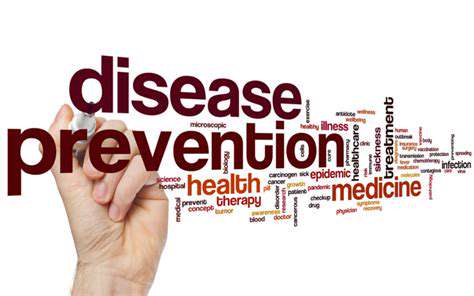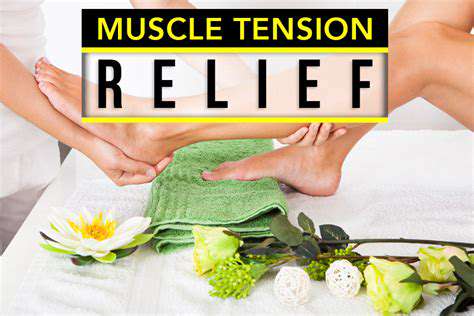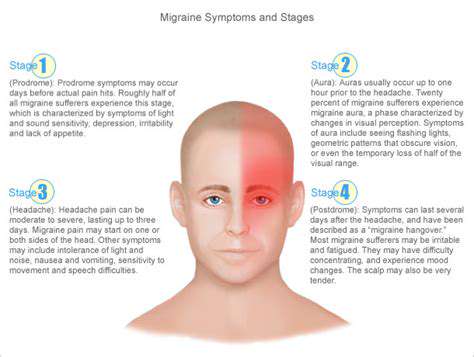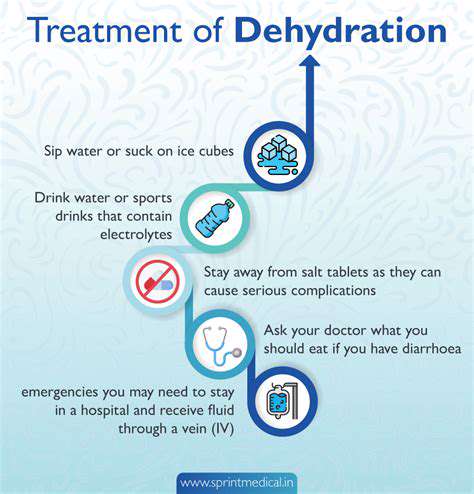Sensitive Scalp to Touch: Causes and Remedies
Common Causes of a Sensitive Scalp
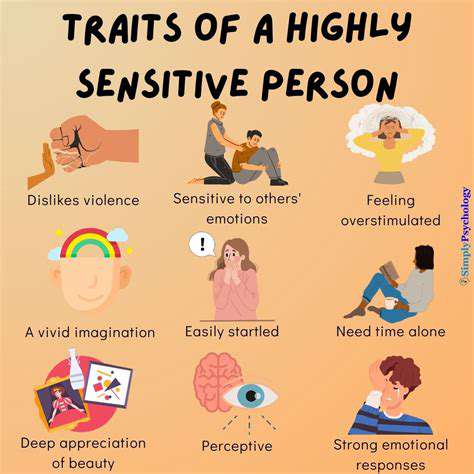
Understanding the Anatomy of the Scalp
The scalp is a complex area of skin that has a high concentration of nerve endings and blood vessels. This sensitivity can often be heightened due to several factors, leading to discomfort and pain. Understanding the anatomy and function of the scalp is essential for addressing sensitivity issues.
It comprises different layers, including skin, connective tissue, and muscle, which all contribute to its overall health and sensitivity. Each layer plays a role in protecting the skull and maintaining the hair follicles. Changes in this structure can lead to heightened sensitivity when subjected to physical or external stressors.
Various external factors like temperature changes, harsh chemicals, or even headwear can irritate the scalp. Moreover, internal factors such as hormonal changes or diet can also affect scalp health. A comprehensive understanding of these elements can help in identifying the root cause of sensitivity.
Consequently, awareness of how these components work together will enable individuals to take better care of their scalp and mitigate sensitivity. Exploring potential triggers and protective measures can significantly improve one's comfort and overall well-being.
Common Triggers for Scalp Sensitivity
Several daily habits or conditions can trigger scalp sensitivity. One common culprit is the use of hair products containing harsh chemicals, such as sulfates and parabens. These substances can strip natural oils from the scalp, leading to irritation and increased sensitivity.
Environmental factors like extreme weather conditions, including cold temperatures or high humidity, can also affect scalp sensitivity. Individuals may experience increased discomfort during seasonal changes as the skin reacts to varying humidity and temperature levels.
Additionally, wearing tight-fitting hats or hairstyles that pull on the hair, such as tight ponytails or braids, can create pressure and discomfort on the scalp. This can lead to traction alopecia or general tenderness in the area. Recognizing these common triggers is crucial for anyone dealing with a sensitive scalp.
Understanding these triggers allows individuals to make informed choices about their hair care routine. Making adjustments can lead to a noticeable decrease in scalp sensitivity and overall improved comfort.
Home Remedies to Soothe Sensitive Scalp
There are several effective home remedies that can help alleviate the discomfort associated with a sensitive scalp. One popular remedy involves the use of natural oils, such as coconut or jojoba oil, which can moisturize and nourish the scalp. These oils help to restore hydration and soothe irritation.
Another option is aloe vera, known for its cooling and anti-inflammatory properties. Applying aloe vera gel directly to the scalp can offer immediate relief from sensitivity and promote scalp health. This natural remedy has long been used for various skin irritations and can be particularly effective for sensitive scalps.
Herbal rinses made from chamomile or green tea can also be beneficial, as they contain antioxidants that promote healing. These rinses not only soothe inflammation but also enhance the overall health of the scalp and hair. Incorporating such remedies into one's hair care regimen can lead to lasting improvements.
Maintaining a gentle scalp care routine can make a significant difference in overall comfort. Avoiding aggressive brushing or combing techniques and using shampoos designed for sensitive skin can help minimize irritation and protect the scalp.
When to Consult a Professional
While home remedies can provide relief, there are instances when consulting a healthcare professional becomes necessary. If scalp sensitivity persists or worsens despite home treatments, seeking medical advice is essential. Persistent sensitivity may indicate an underlying condition that requires professional intervention.
Conditions such as psoriasis, eczema, or various skin infections may be contributing factors to heightened sensitivity. An accurate diagnosis from a dermatologist can help determine the appropriate treatment plan tailored to the individual's needs.
In some cases, allergy testing may be recommended to pinpoint specific allergens in hair products or environmental factors leading to discomfort. Understanding these factors can facilitate more effective management strategies and provide relief.
Ultimately, regular check-ups and discussions about scalp health will empower individuals to maintain a healthy and comfortable scalp. Addressing sensitivity with the guidance of a professional can lead to a more tailored and effective treatment approach.
Ways to Soothe a Sensitive Scalp
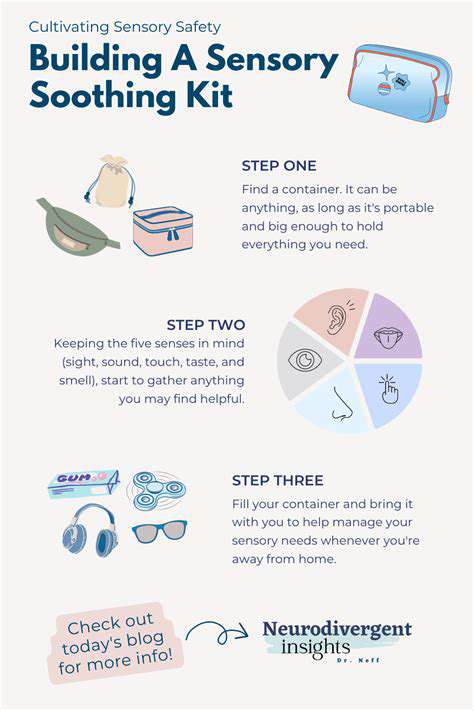
Understanding the Causes of Sensitive Scalp
A sensitive scalp can stem from a variety of issues, including environmental factors, skin conditions, and even hair products. Identifying the root cause is essential for effective treatment.
Some common causes include allergic reactions to hair products, scalp infections, and skin conditions like psoriasis or eczema. Regularly exposing your scalp to harsh chemicals can exacerbate sensitivity.
Choosing the Right Hair Products
Selecting gentle, sulfate-free shampoos and conditioners can significantly improve the condition of your scalp. Opting for natural or organic products can help minimize irritation.
Before trying a new product, consider performing a patch test to check for any adverse reactions. Always read labels to avoid harmful ingredients that may contribute to scalp sensitivity.
Home Remedies for Immediate Relief
There are various home remedies that can provide immediate relief from scalp sensitivity. For instance, applying aloe vera gel can soothe inflammation and hydrate the skin.
You may also consider using diluted essential oils like tea tree or lavender, known for their calming effects. Such remedies can help manage irritation and provide a sense of comfort.
Professional Treatments and Consultations
If home remedies do not alleviate the problem, seeking professional help might be necessary. Dermatologists can diagnose underlying conditions and recommend appropriate treatments.
In some cases, they may prescribe medicated shampoos or topical treatments specifically formulated for sensitive scalps. Regular check-ups can help monitor and maintain overall scalp health.
Preventive Measures for a Healthy Scalp
Adopting preventive measures can help maintain a healthy scalp and prevent sensitivity from returning. This includes using sun protection when exposed to UV rays, as well as wearing hats in harsh weather.
Additionally, maintaining a balanced diet rich in vitamins and minerals is crucial. Staying hydrated and reducing stress can also contribute to a healthier scalp environment.
Home Remedies for Sensitive Scalp Relief

Understanding the Causes of a Sensitive Scalp
A sensitive scalp can arise from a variety of factors, impacting the overall comfort of your hair and head. One common cause is an allergic reaction to hair products, which may contain harsh chemicals. Recognizing these irritants is crucial for preventing discomfort and irritation. Another potential factor is scalp conditions, such as psoriasis or eczema, which can lead to inflammation and sensitivity. It's essential to address these underlying conditions to find effective relief.
Environmental factors can also contribute to scalp sensitivity. Changes in weather, humidity, and pollution levels could irritate the scalp, making it more prone to discomfort. Regular exposure to the sun without protection can exacerbate sensitivity as well, leading to painful sensations or even sunburn. Adjusting your hair care routine according to environmental changes can mitigate these effects.
Dietary habits should not be overlooked when considering scalp health. Inadequate nutrition, especially deficiencies in vitamins and minerals, can weaken hair follicles and enhance sensitivity. Incorporating a balanced diet rich in omega-3 fatty acids, vitamins A, D, and E can improve scalp health significantly. Your overall well-being plays a substantial role in the resilience of your scalp.
Lastly, stress has a profound impact on your scalp's sensitivity. When you are stressed, your body’s response can lead to increased oil production or scalp dryness, causing discomfort. Engaging in stress-relief practices, such as meditation or yoga, can help maintain a healthy scalp by keeping stress levels in check.
Natural Remedies for Soothing a Sensitive Scalp
Natural remedies can offer effective relief for those dealing with a sensitive scalp. One popular option is using aloe vera gel, known for its soothing and calming properties. Applying fresh aloe vera directly to the scalp can reduce inflammation and provide moisture. Another excellent remedy is coconut oil, which is rich in fatty acids and can nourish the scalp while reducing irritation.
Herbal rinses, such as chamomile or green tea, can work wonders as well. These herbs are known for their anti-inflammatory and soothing effects. After shampooing, rinse your hair with cooled chamomile tea or green tea to experience a calming sensation. This method is not only refreshing but also can enhance hair shine and softness.
Essential oils can also be beneficial in addressing a sensitive scalp. For instance, tea tree oil has antifungal and antibacterial properties that can help alleviate scalp issues. Mixing a few drops with a carrier oil, such as jojoba or olive oil, can create a soothing scalp treatment. Regular use can lead to a healthier and more balanced scalp.
Lastly, a gentle scalp massage can improve circulation and relieve tension. Using your fingertips to gently massage the scalp with nourishing oils can provide comfort and stimulation. This practice can also promote relaxation and reduce feelings of sensitivity over time.
Choosing the Right Hair Care Products
Selecting the appropriate hair care products is essential for managing a sensitive scalp. Look for shampoos and conditioners specifically formulated for sensitive skin or scalp conditions. Avoid products that contain sulfates, fragrances, or harsh chemicals, as these can exacerbate sensitivity. Opting for gentle, hypoallergenic formulations can make a significant difference in your scalp’s comfort.
Consider the frequency of washing your hair. Over-washing can strip the scalp of its natural oils, leading to dryness and increased sensitivity. Finding a balance is key—try washing your hair every few days instead, using a mild, natural shampoo. This approach can help maintain moisture levels and prevent irritation.
Don’t forget to pay attention to your styling products as well. Hair sprays, gels, and mousses often contain ingredients that can irritate a sensitive scalp. Opt for lightweight, alcohol-free products that are less likely to cause a reaction. Reading labels and researching ingredients can guide you towards scalp-friendly options.
Finally, maintaining scalp hygiene is vital. Regularly cleaning hairbrushes and styling tools can prevent the buildup of oils and allergens that may worsen sensitivity. Also, ensure you're using clean towels and pillowcases, as these can harbor irritants that come in contact with your scalp.
When to Seek Professional Help
While many cases of sensitive scalp can be managed at home, it’s essential to recognize when professional help is needed. If you experience persistent pain, redness, or swelling, consulting a dermatologist is advisable. These symptoms could indicate an underlying condition that requires targeted treatment. Ignoring these signs may lead to larger issues down the line.
If over-the-counter treatments and home remedies fail to alleviate discomfort, it is time to seek guidance. A healthcare professional can offer personalized advice and may recommend treatments such as medicated shampoos or topical creams tailored to your specific needs. Early intervention can prevent further complications.
Additionally, if hair loss accompanies scalp sensitivity, it’s crucial to consult with a specialist. Hair loss can stem from various factors, including scalp health issues, hormonal imbalances, or stress. Understanding the cause of hair loss is integral to address the problem effectively and develop a suitable treatment plan.
Lastly, consider seeking help if emotional or mental stress related to scalp sensitivity begins to affect your daily life. Connecting with a therapist or counselor can provide coping strategies to manage anxiety or frustration tied to this issue. Taking care of your mental health is equally important for overall well-being.
